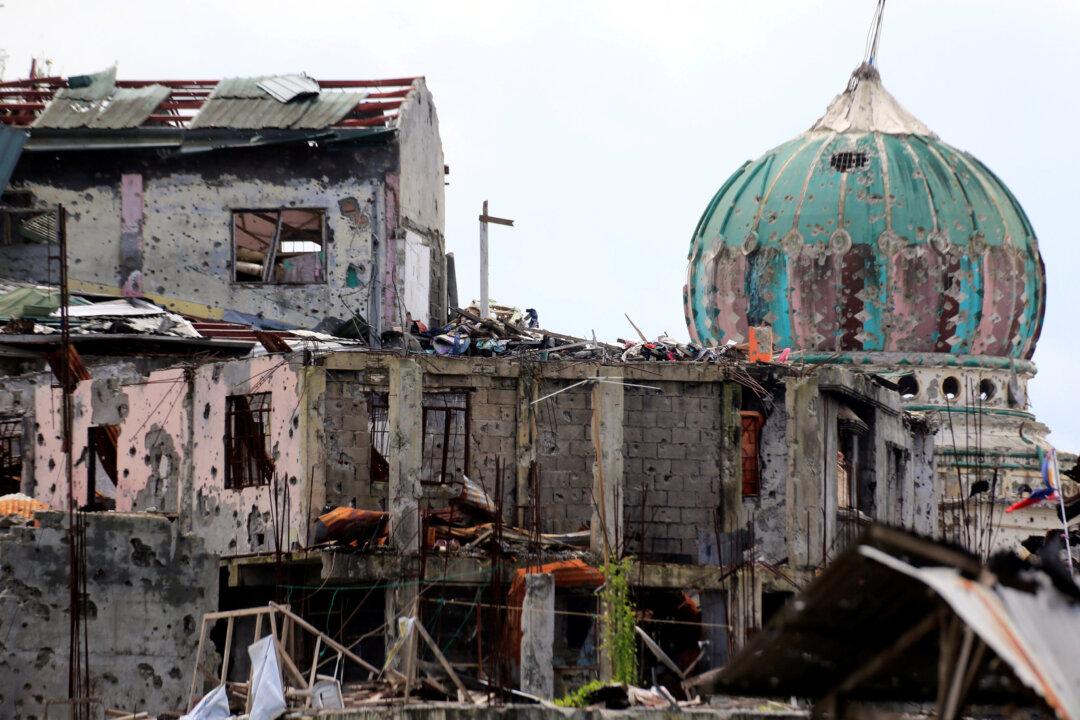MANILA—The war in the Philippine city of Marawi saw Islamic terrorists execute civilians or use them as human shields, while military air strikes killed non-combatants and may have been used in excess, an Amnesty International report said on Friday, Nov. 17.
The investigation by the rights group on the bloody five-month battle was based on interviews with 48 witnesses from September until early November and called for an independent inquiry.





